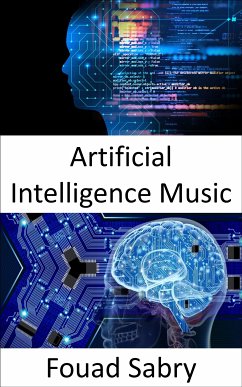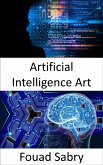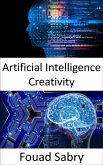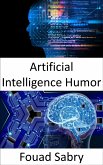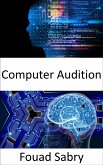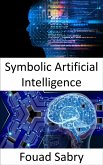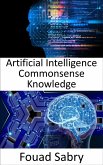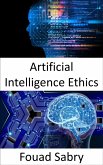What Is Artificial Intelligence Music
The International Computer Music Conference, the Computing Society Conference, and the International Joint Conference on Artificial Intelligence are all gathering to discuss artificial intelligence and music (AIM), which is an acronym for artificial intelligence and music. 1974 marked the year that Michigan State University played host to the very first International Computer Music Conference (ICMC). The use of artificial intelligence in musical composition, performance, theory, and digital sound processing is a topic of active investigation at the moment.
How You Will Benefit
(I) Insights, and validations about the following topics:
Chapter 1: Music and artificial intelligence
Chapter 2: Digital art
Chapter 3: Algorithmic composition
Chapter 4: Computational creativity
Chapter 5: Pop music automation
Chapter 6: AIVA
Chapter 7: Artificial intelligence art
Chapter 8: Synthetic media
Chapter 9: Generative pre-trained transformer
Chapter 10: Artificial intelligence and copyright
(II) Answering the public top questions about artificial intelligence music.
(III) Real world examples for the usage of artificial intelligence music in many fields.
(IV) 17 appendices to explain, briefly, 266 emerging technologies in each industry to have 360-degree full understanding of artificial intelligence music' technologies.
Who This Book Is For
Professionals, undergraduate and graduate students, enthusiasts, hobbyists, and those who want to go beyond basic knowledge or information for any kind of artificial intelligence music.
The International Computer Music Conference, the Computing Society Conference, and the International Joint Conference on Artificial Intelligence are all gathering to discuss artificial intelligence and music (AIM), which is an acronym for artificial intelligence and music. 1974 marked the year that Michigan State University played host to the very first International Computer Music Conference (ICMC). The use of artificial intelligence in musical composition, performance, theory, and digital sound processing is a topic of active investigation at the moment.
How You Will Benefit
(I) Insights, and validations about the following topics:
Chapter 1: Music and artificial intelligence
Chapter 2: Digital art
Chapter 3: Algorithmic composition
Chapter 4: Computational creativity
Chapter 5: Pop music automation
Chapter 6: AIVA
Chapter 7: Artificial intelligence art
Chapter 8: Synthetic media
Chapter 9: Generative pre-trained transformer
Chapter 10: Artificial intelligence and copyright
(II) Answering the public top questions about artificial intelligence music.
(III) Real world examples for the usage of artificial intelligence music in many fields.
(IV) 17 appendices to explain, briefly, 266 emerging technologies in each industry to have 360-degree full understanding of artificial intelligence music' technologies.
Who This Book Is For
Professionals, undergraduate and graduate students, enthusiasts, hobbyists, and those who want to go beyond basic knowledge or information for any kind of artificial intelligence music.
